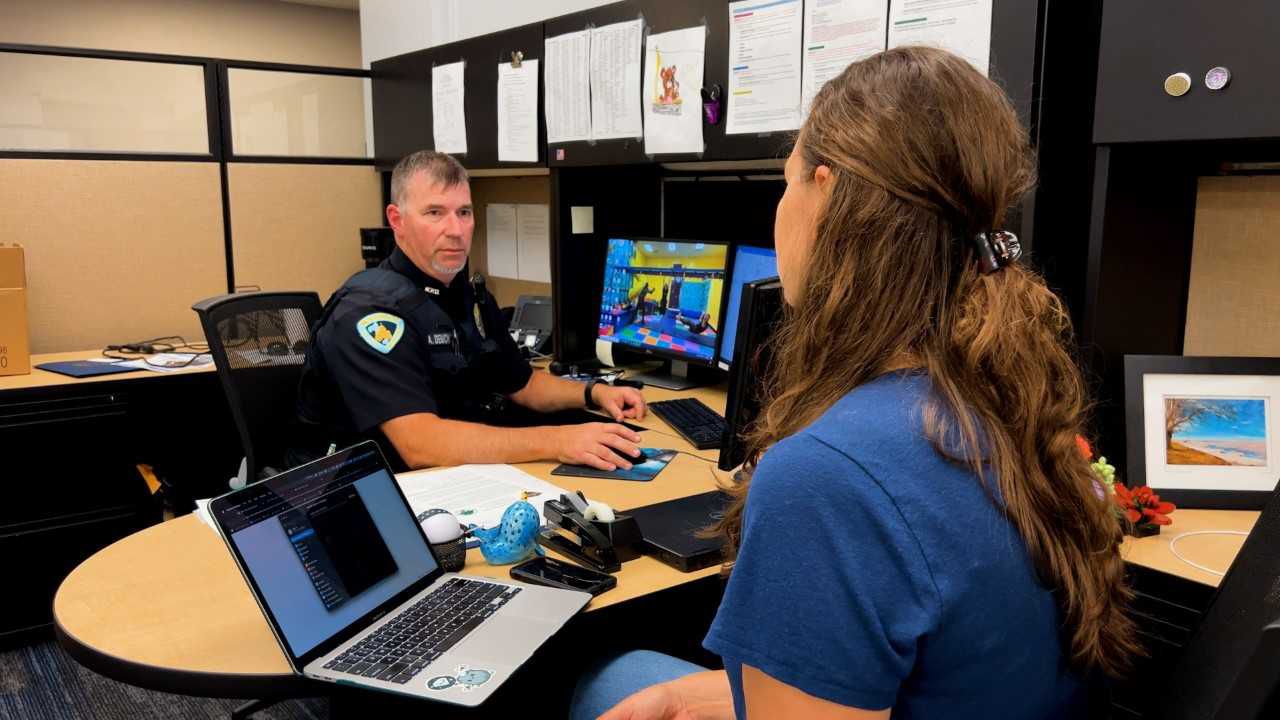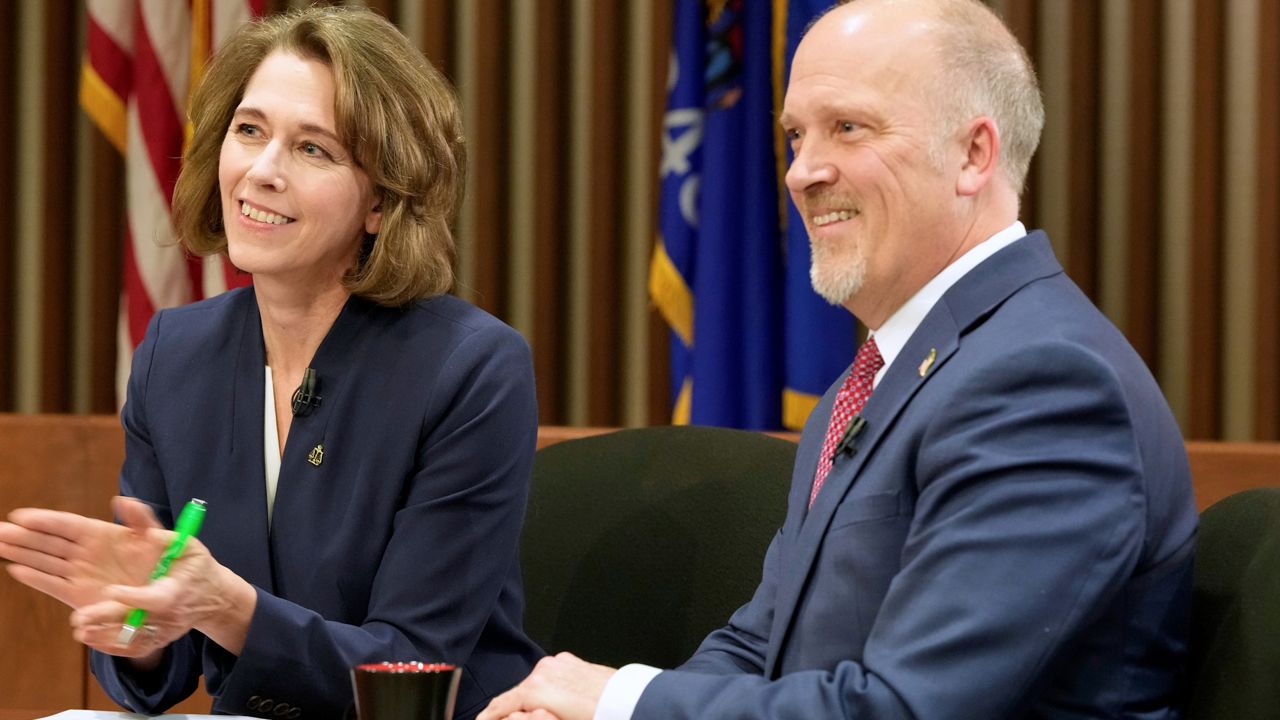MADISON, Wis. — One in five Americans struggle with some form of mental illness, according to the National Alliance on Mental Illness, which translates to approximately one million Wisconsinites.
Many struggling community members find themselves contacting 911 for help during a mental health crisis. The problem is most police departments are not equipped to address the over 200 mental illnesses that exist.
The Madison Police Department has recognized this need. They are one of 15 police departments in the country to become a Law Enforcement-Mental Health Learning site.
“Madison is one of those learning sites because we are a model of a different way of doing things,” said Sarah Henrickson, a clinical team manager for the Journey Mental Health Center.
Journey Mental Health works alongside both the MPD and the Dane County Sheriff’s Office.
“I think of our model as more of a hybrid. We lean more heavily on outreach and follow up to people who are generating police contacts,” said Henrickson. “We are also jumping on active calls as they occur.”

Andrew Deuchars is a Central District Mental Health officer who has received over 100 hours of mental health training.
“I know from positions that I have worked in the past, not having potential training to recognize someone that could be in crisis makes it difficult to wrap my mind around why a person is acting a certain way,” said Deuchars.
It is not just the training that makes Deuchars better at his job; he said he also has a law enforcement crisis worker that goes out on all of his calls with him.
“Most of the time when we show up, people are scared. When they see a police officer, they are intimidated,” he said. “They may be less likely to fully open up.”
That’s where Malorie Elmer comes in. She has been working as a crisis worker in Madison for almost two years.
“I have been really impressed with the mission of the mental health unit and they want to be a resource for individuals in the community who are struggling,” said Elmer.
Prior to coming to Madison, Elmer was a mental health therapist in New York.
“I found a lot of my clients were struggling and they would often call police for safety issues or to help de-escalate,” she said. “The city I was in, the police were not the best resource for that so when I found there was an opportunity here to partner with police I was really interested in that work.”
There are six officers in the MPD’s mental health unit and three crisis workers.
Compared to most police departments in Wisconsin, Henrickson said MPD is doing very well when it comes to mental health response, but she said they could still use more resources.
“When you are talking about thousands of calls with an element of mental health to them on a yearly basis, we are a drop in the bucket against this crisis,” said Henrickson.
Henrickson said filling positions with the DCSO has been challenging.
“We have open positions that we have funded, but we are having a hard time filling them,” she said.
Henrickson believes the reason for that are the mental and emotional requirements that come with the job.
“People are looking at irregular hours, emotionally intense work and can lead to high burnout,” said Henrickson. “We frankly don’t pay competitively compared to private settings or government and nonprofit settings.”
Elmer and Henrickson don’t do this work for money; they said they do it because it is rewarding. Despite the downsides, they said it is very rewarding to help change someone’s life for the better.
“I have been doing this for over 20 years and in my experience, there are certain people who really gravitate towards this kind of work,” said Henrickson.
They hope units like theirs expand in the future and that more departments throughout the state follow in their footsteps.
Those interested in a career at Journey Mental Health can follow this link for more information.










